
High-Tech Boost: India-US Collaboration Grows
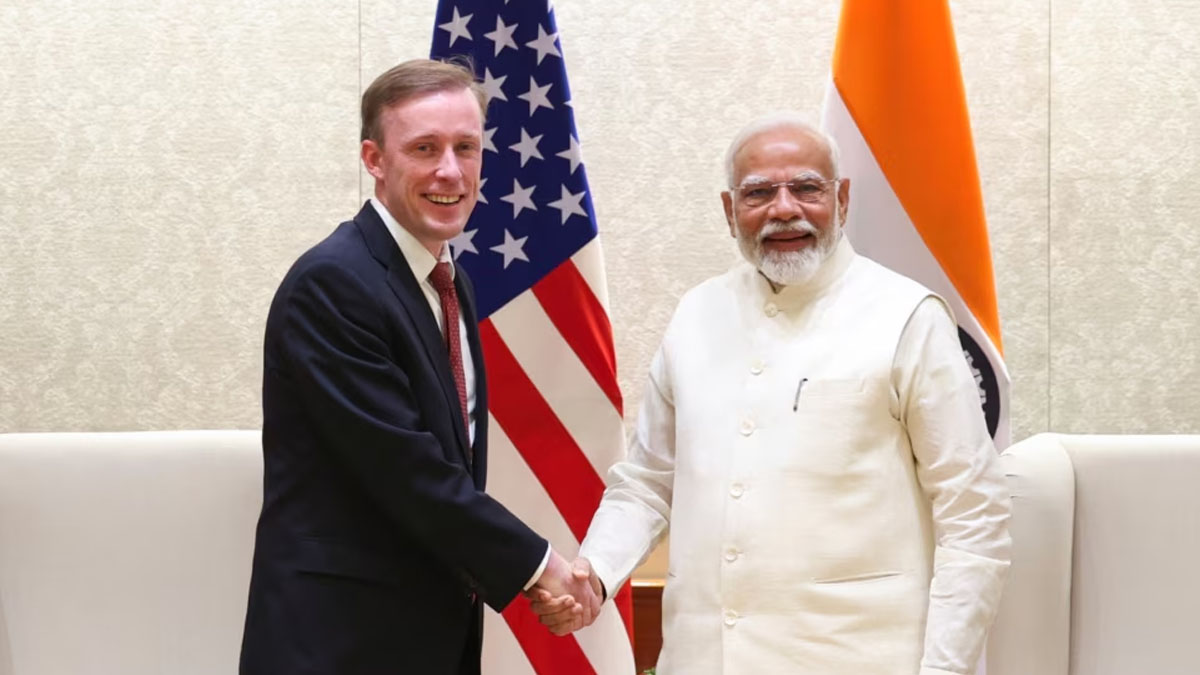
Days after Prime Minister Narendra Modi began his third term in office, India and the United States agreed to strengthen cooperation in high technology areas during a visit by White House national security adviser Jake Sullivan to New Delhi.
Sullivan met Modi, the Indian foreign minister and his Indian counterpart during the visit that reaffirmed both countries will pursue closer ties.
“India is committed to further strengthen the India-US comprehensive global strategic partnership for global good,” Modi wrote on X after meeting Sullivan on Monday.
The main focus of Sullivan’s visit was to hold discussion with Indian National Security Adviser Ajit Doval on a landmark initiative launched by the two countries in January last year to collaborate more closely in high-technology areas including defense, semiconductors, 5G wireless networks and artificial intelligence.
The initiative, launched with an eye to countering China, marks a significant push in tightening the strategic partnership between the two countries.
“The visit by Sullivan in the early days of Modi’s new administration signals that the U.S. wants to maintain the momentum in the high technology partnership between the two countries,” according to Manoj Joshi, Distinguished Fellow at the Observer Research Foundation in New Delhi.
A joint fact sheet by the two countries following Sullivan’s meeting with Doval said that they launched a new strategic semiconductor partnership between U.S. and Indian companies for precision-guided ammunition and other national security-focused electronics platforms.
They also agreed to co-invest in a lithium resource project in South America and a rare earths deposit in Africa “to diversify critical mineral supply chains” and discussed possible co-production of land warfare systems, according to the fact sheet.
Growing the domestic defense manufacturing sector remains a top focus for the Modi administration as it looks to lower its dependence on imported arms. Although India has diversified its imports of military equipment, it is still heavily reliant on Russia.
For India, the technology initiative is a top priority as it looks to strengthen the country’s security and build its capabilities in high technology areas.
“India wants to become one of the leading countries in cutting edge technologies and it is of great benefit for New Delhi to partner the U.S. which is the leader in these areas,” said Joshi. “The idea is to get into co-production, co-development, innovation and attract American companies to set up bases here.”
Sullivan also met Indian foreign minister Subrahmanyan Jaishankar, who has been retained as the external affairs minister in Modi’s new administration, signaling a continuation in the country’s foreign policy. “Confident that India-US strategic partnership will continue to advance strongly in our new term,” Jaishankar wrote on X.
In Washington, White House National Security Communications Advisor John Kirby told reporters Monday that India and the U.S. “share a unique bond of friendship and Mr. Sullivan’s trip to India will further deepen the already strong U.S.-India partnership to create a safer and more prosperous Indo-Pacific.”
New Delhi’s ties with Washington have expanded in recent years amid mutual concerns in both countries about an assertive China — India’s military standoff with Beijing along their disputed Himalayan borders remains unresolved four years after a clash between their troops.
As Sullivan visited India, an Indian national, Nikhil Gupta, charged with trying to hire a hitman to assassinate a Sikh separatist leader in the U.S., appeared in court in New York Monday following his extradition from the Czech Republic. The alleged plan was foiled.
Allegations by U.S. prosecutors of the involvement of an Indian government official in the plot to kill Gurpatwant Singh Pannun, a dual US-Canadian citizen, have raised concerns about a strain in bilateral ties.
The U.S. allegations followed accusations leveled by Canada in September of involvement of Indian nationals in the killing of a Canadian Sikh leader.
India, which views Sikh separatist groups overseas as security threats, has denied its involvement in both the killing in Canada and the alleged plot in the U.S. But it said it has set up an inquiry committee to examine the information provided by Washington.
Analysts in New Delhi say ties are unlikely to be adversely impacted by the alleged murder plot. “The U.S. is quite pragmatic on these matters. They are continuing to stress that ties with India are important, so I don’t think a failed conspiracy will derail ties,” Joshi said.

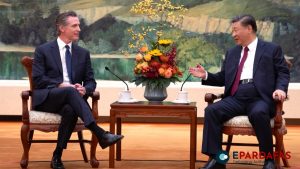
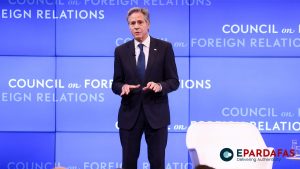
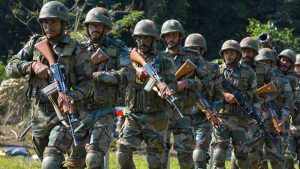
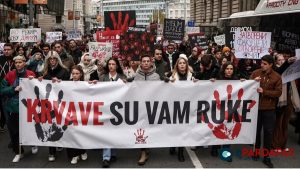







Comments